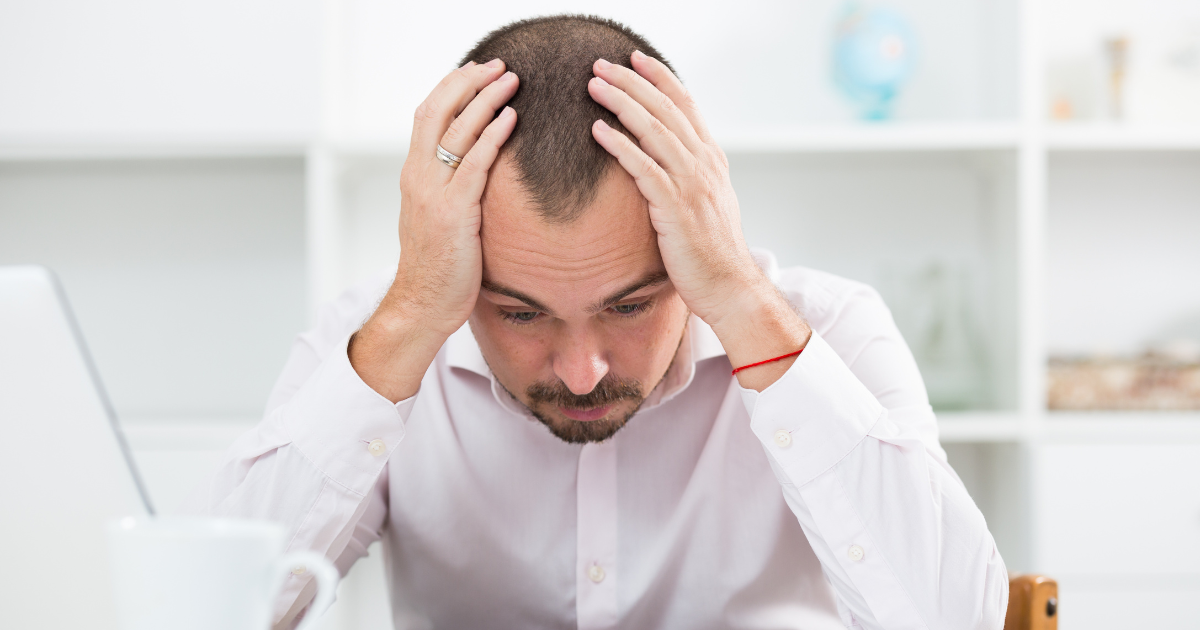Because recovery and relapse are so connected, the question of, “Is it OK to relapse during recovery?” often arises in the addiction recovery community. While relapsing can feel like a setback, it’s important to recognize it’s a common occurrence and not a sign of failure. In fact, relapse can provide an opportunity for people to evaluate their strategies and support systems, ultimately leading to a stronger, more sustainable recovery.
In this blog, we’ll explore the topic of relapse in addiction recovery and provide guidance for those who may be struggling. Remember, if you or someone you know experiences a relapse, seek the support of loved ones and recovery professionals.
Is It OK to Relapse in Recovery?
What Is Relapse?
Relapse happens when a person returns to drug or alcohol use after a period of recovery or abstinence. But don’t worry – relapse doesn’t mean you’ve failed or that you can’t recover. In fact, recovery is a process that involves:
- Acknowledging the substance use problem
- Accepting help
- Undergoing treatment
- Transitioning back to everyday life
While relapse can be discouraging, it’s actually a common part of the recovery process. According to the Recovery Research Institute, about 10% of people with addictions go on to achieve long-term recovery.
Stages Of Relapse
Relapse doesn’t happen suddenly. There are several stages of relapse, and if you’re aware of them, you may be able to prevent a full-blown relapse from happening. The stages of relapse include:
- Emotional relapse: In this stage, a person isn’t thinking about using drugs or alcohol, but they may be experiencing negative emotions such as anxiety, anger or depression. They may also be isolating themselves from others and neglecting self-care.
- Mental relapse: In this stage, a person is actively thinking about using drugs or alcohol. They may be reminiscing about past drug use or fantasizing about using again. They may also be planning to use again.
- Physical relapse: In this stage, a person has already started using drugs or alcohol again. At this point, it’s difficult to prevent a full-blown relapse from occurring.
Relapse Prevention Strategies
If you’re in recovery, addiction experts say it’s important to have a plan in place to prevent relapse. That’s because relapses can happen when people lack the skills to cope with challenging situations or don’t have a plan to maintain their recovery. As Steven M. Melemis pointed out in an article published online in the Yale Journal of Biology and Medicine, people are often unprepared to manage difficult situations and may benefit from having a relapse prevention plan in place.
Here are three relapse prevention strategies that may be helpful:
- Identify triggers: Think about the people, places, and situations that may trigger your desire to use drugs or alcohol. Once you’ve identified your triggers, a professional can empower you to take steps to avoid them.
- Build a support network: Surround yourself with supportive friends and family members who understand your addiction and want to help you stay in recovery.
- Practice self-care: Take care of your physical, emotional and spiritual health. This may include exercise, healthy eating, meditation, or therapy.
Withdrawal After Relapse
If you do experience a relapse, it’s important to seek help as soon as possible. Depending on the severity of your relapse, you may experience withdrawal symptoms when you stop using drugs or alcohol again. Withdrawal symptoms can be uncomfortable or even life-threatening, so it’s important to immediately seek medical attention if necessary.
Relapsing After Years Of Sobriety
It’s not uncommon for people to relapse after years of sustained recovery. This can be a difficult experience, as the person may feel like they’ve lost all the progress they’ve made. If this has happened to you before, remember that relapse is a part of the recovery process, and it doesn’t mean you failed. Instead, reach out for help and support.
Prevent Relapse and Stay on Track
If you’re in addiction recovery, relapse can be a real challenge. But it’s not a failure, and it doesn’t have to mean the end of your journey. By having a plan in place to prevent relapse and seeking support from addiction professionals, you can stay on track and achieve long-term recovery.
If you or someone you know is struggling with addiction or has experienced a relapse, don’t hesitate to reach out for help. Call Landmark Recovery today to learn more about your options and build the confidence to choose recovery over addiction.

Choose Recovery Over Addiction
We're here 24/7 to help you get the care you need to live life on your terms, without drugs or alcohol. Talk to our recovery specialists today and learn about our integrated treatment programs.




